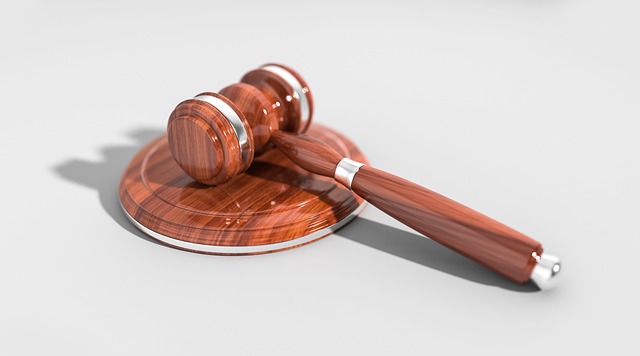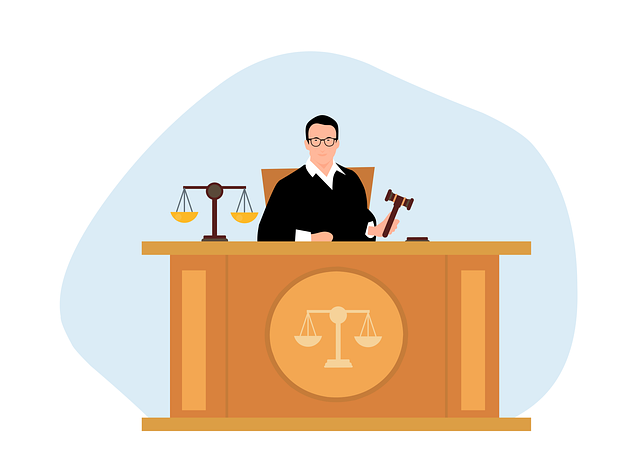Partnership disputes are common due to misaligned goals, poor communication, unequal power dynamics, and lack of detailed agreements. Financial discrepancies, marginalization, and lack of respect for input can escalate tensions. Professional representation through legal counsel or mediators is crucial to navigate complex issues, facilitate open communication, uncover root causes, and achieve mutually agreeable resolutions. Effective communication using "I" statements, transparency, understanding legal options, and negotiation tactics like mediation or arbitration are key to resolving partnership disputes successfully.
In the dynamic landscape of business, partnership disputes can emerge as formidable obstacles. Understanding these conflicts is paramount for navigating their complexities successfully. This article delves into the intricate world of professional representation in business disputes, focusing specifically on partnership issues. We explore common causes, the power of mediation, communication strategies, and legal options, offering insights to empower stakeholders in resolving these challenging situations effectively. By understanding these dynamics, businesses can foster stronger partnerships and mitigate risks.
- Understanding Partnership Disputes: Common Causes and Issues
- The Role of Professional Representation in Mediating Conflicts
- Strategies for Effective Communication During Business Dispute Resolution
- Legal Options and Negotiation Tactics for Partnership Disputes
Understanding Partnership Disputes: Common Causes and Issues

Partnership disputes are common in business, with a variety of factors contributing to their occurrence. These conflicts often arise from disagreements between business partners over strategic decisions, financial matters, or operational issues. Misaligned goals, lack of clear communication, and unequal power dynamics can all lead to tensions that escalate into full-blown partnerships disputes.
One of the primary causes is the failure to establish detailed partnership agreements upfront. Without clear terms outlining roles, responsibilities, decision-making processes, and dispute resolution mechanisms, partners may find themselves at odds over expectations and accountability. Financial discrepancies, such as unequal contributions or disagreements on distribution of profits and losses, also frequently spark disputes. Additionally, partnerships can sour when one partner feels marginalized or their input is consistently overlooked, leading to resentment and a breakdown in the working relationship.
The Role of Professional Representation in Mediating Conflicts

Professional representation plays a pivotal role in mediating and resolving partnership disputes, offering invaluable expertise and strategic guidance. When business partners find themselves at odds, engaging experienced legal counsel or mediators can significantly impact the outcome. These professionals possess a deep understanding of contractual obligations, regulatory frameworks, and the nuances of dispute resolution. They act as advocates, helping clients navigate complex legal terrain, identify viable solutions, and make informed decisions.
In a partnership dispute, professional representation facilitates open communication, ensuring all parties’ interests are heard and considered. Skilled mediators create a safe and structured environment, allowing for constructive dialogue. They assist in uncovering underlying issues, identifying potential compromises, and exploring creative options that may not be immediately apparent to the disputing partners. Ultimately, professional guidance enables a mutually agreeable resolution, minimizing legal costs and preserving the relationship.
Strategies for Effective Communication During Business Dispute Resolution

Effective communication is a cornerstone of successful business dispute resolution, especially in partnership disputes where clear and concise dialogue can prevent misunderstandings and facilitate mutually beneficial outcomes. Both parties should aim to create an open and honest exchange, ensuring all concerns are heard and addressed. This involves active listening—really understanding the other side’s perspective—and asking clarifying questions to ensure a shared comprehension of the issues at hand.
Using “I” statements instead of blaming can de-escalate tensions and foster a collaborative environment. For instance, saying “I feel frustrated when communication breaks down” is less accusatory than “You never listen to me.” This approach encourages empathy and opens doors for creative problem-solving. Additionally, maintaining transparency by sharing relevant information helps build trust, which is vital during dispute resolution, especially in partnership disputes where long-term relationships are at stake.
Legal Options and Negotiation Tactics for Partnership Disputes

In the event of a partnership dispute, understanding legal options and negotiation tactics is paramount for resolving conflicts efficiently. One common approach involves mediation, where an impartial third party assists the disputing partners in reaching an agreement mutually acceptable to both sides. This method encourages open communication, fosters collaboration, and often leads to more creative solutions tailored to the specific needs of the partnership.
Additionally, legal actions such as arbitration or litigation can be initiated if negotiations fail. Arbitration provides a structured yet flexible process, allowing parties to present their cases before an arbitrator who makes a binding decision. Litigation, on the other hand, involves taking the dispute to court where a judge or jury determines the outcome based on applicable laws. Both avenues offer formal mechanisms for addressing partnership disagreements but come with varying degrees of formality, cost, and time commitment. Effective negotiation tactics in these scenarios include clear communication, documentation of agreements and disagreements, and a willingness to compromise while safeguarding core interests.
In navigating complex business disputes, especially partnership disputes, professional representation proves invaluable. As highlighted in this article, understanding common causes, adopting effective communication strategies, and exploring legal options are pivotal steps towards resolution. Professional mediators and lawyers not only provide expert guidance but also facilitate successful negotiations, ensuring that the best interests of all parties are considered. By leveraging these strategies, businesses can efficiently resolve partnership disputes, preserving relationships and fostering a more harmonious business environment.
